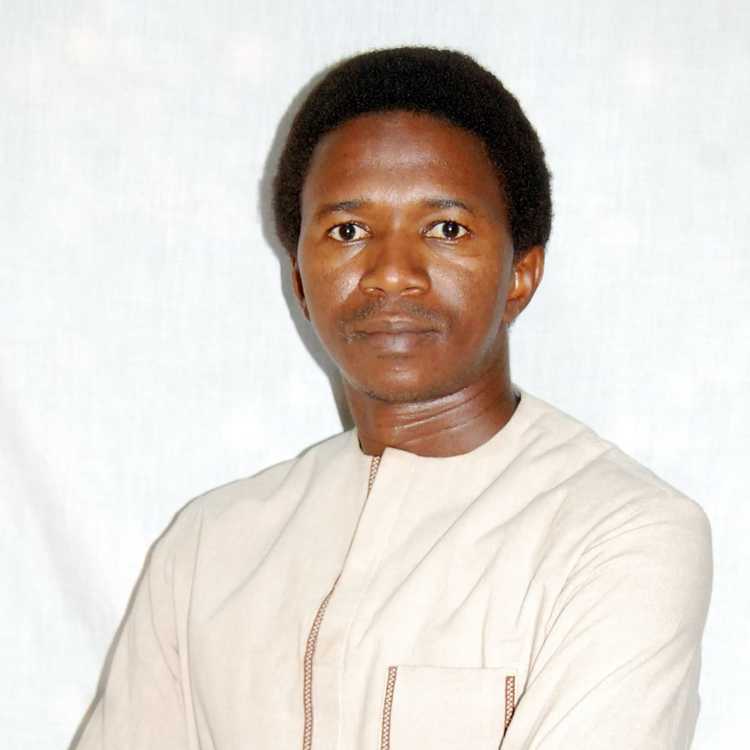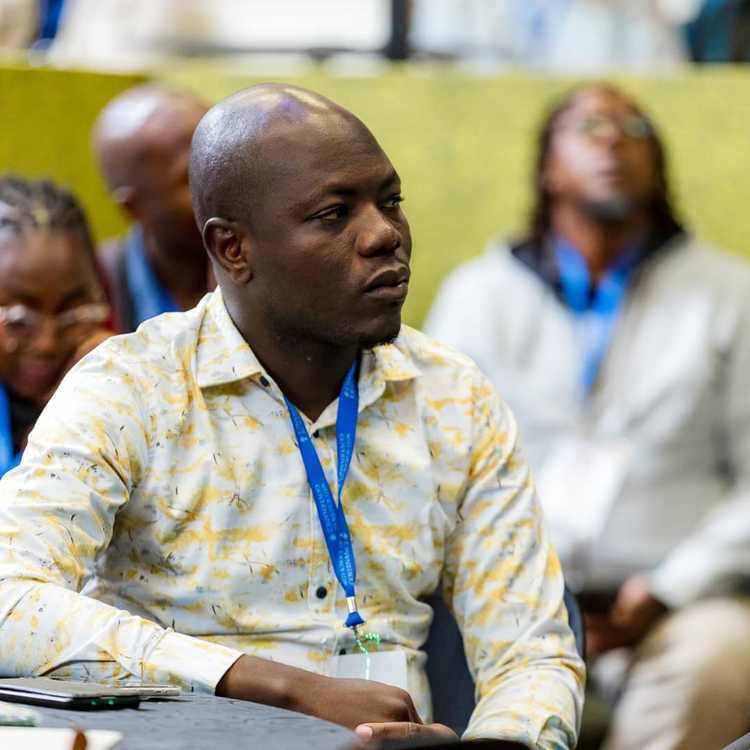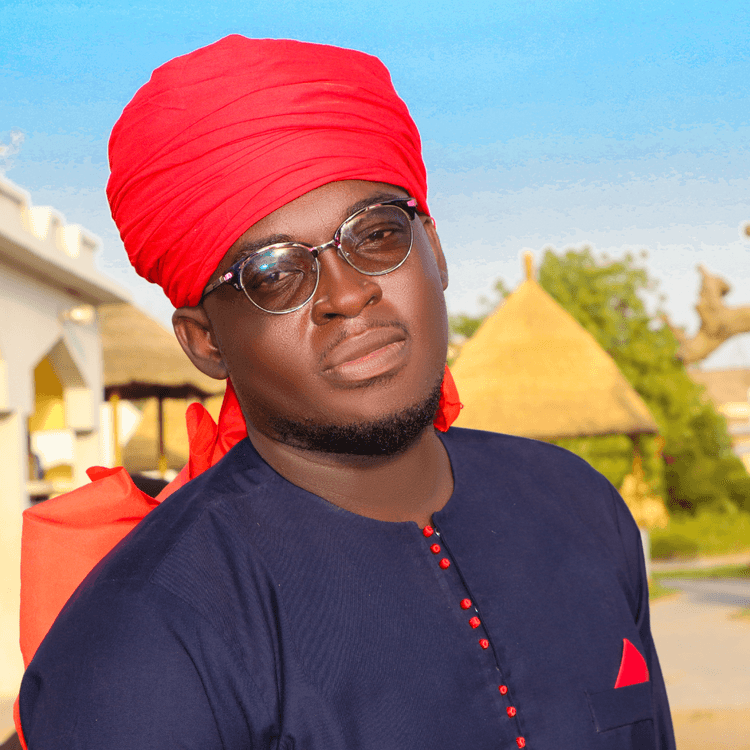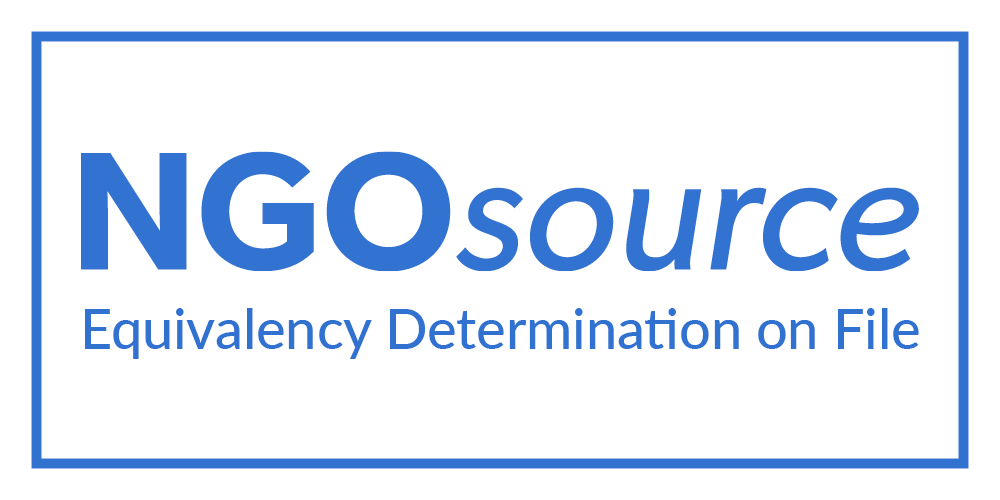Telemarketing to citizen engagement: the inspiring journey of Ndeye Fatou Diouf
Ndèye Fatou Diouf, affectionately known as “Nifa” by her loved ones, began her career in sales and customer service, thus acquiring solid experience in marketing and communication, as well as in managing human relations. After several years of working in various sectors, her journey took a decisive turn when she joined AfricTivistes through the Sahel Insight programme. This initiative allowed her to discover the potential of digital technology as a lever for change, particularly for women and youth in the Sahel. With this newfound awareness, she fully committed to engagement and citizen participation, convinced that digital technology can provide a powerful platform to denounce inequalities and promote equal rights. Her commitment, which has matured over time, proves that with determination, every action can contribute to significant impact. Her journey is a model of inspiration, demonstrating that it is possible to act for change, even in the face of obstacles, by using technology as a lever for emancipation and social justice.
AfricTivistes : Can you reflect on your journey?
Ndèye Fatou Diouf : After completing my secondary education, I joined a training school in marketing communication before working as a field sales agent at Tigo, a telecommunications operator, from 2006 to 2008. I then held various positions, including waitress and cashier in downtown restaurants from 2009 to 2015, before joining Quality Center, a call centre, first as a sales advisor managing the client portfolio for French operators such as SFR and Bouygues Telecom, and later in charge of quality and sales methods.
What is the basis of your commitment?
My commitment has developed gradually. My academic and professional background did not initially predispose me to be sensitive to the injustices particularly affecting women and youth. It was through the Sahel Insight capacity-building programme, led by AfricTivistes in partnership with Oxfam and Wildaf, that I became aware of these issues and found my path in this struggle. This training, which supports youth from Senegal, Niger, Chad, and Burkina Faso in their citizen engagement, was a turning point and an opportunity to interact with change-makers. This connection strengthened my determination. Today, I continue this engagement as a digital communication officer at AfricTivistes.
What have been the most significant experiences of your career so far?
Working at AfricTivistes has been a defining moment in my life. Every day, I have the chance and opportunity to see through our programmes how digital technology can become a powerful tool for mobilisation and social transformation. While it provides citizens with broader access to information, enhanced freedom of expression, and a means to denounce injustices, it also presents major challenges such as misinformation, censorship, and cyberbullying. Our mission is therefore to create safe and effective digital spaces where every voice can be heard and contribute to change.
You are also committed to the fight for women’s rights and reducing inequalities in the Sahel. How do you assess the current situation and what are the most effective levers for action?
The situation for women in the Sahel is very complex. They face structural inequalities, yet they are increasingly becoming agents of change. We have observed that digital campaigns, training, and networking among activists create lasting impact. We need to strengthen these initiatives so that they benefit the largest number of people.
How did you start as a Sahel Activist?
My beginnings were a real challenge: while the desire to contribute to change and fight against social, economic, and political inequalities was already present within me, I did not know where to start. The Sahel Insight training was the catalyst. It was from that moment that I fully realised the importance of citizen engagement. With the technical support of AfricTivistes, I was able to coordinate our network in Senegal, a group of passionate and committed youth. This required attentive listening, strong planning and mobilisation skills, as well as the establishment of effective communication strategies to create a coherent dynamic around common objectives.
What concrete impacts have you observed from the campaigns led by the Sahel Activists in Senegal?
Our campaigns have highlighted major issues such as gender-based violence, child begging, menstrual health, access to education for girls, and women’s participation in public life. We have seen people mobilise, decision-makers being called out, and discussions opening on topics long considered taboo. In 2024, I was able to participate in the documentary film “Sahel à Égalité”, a cinematic production by AfricTivistes that showcased the concrete actions taken by Sahel activists to help reduce identified inequalities in specific localities.
How do you perceive feminism and the efforts of its advocates?
For me, feminism is a struggle for equality and social justice. It is not an opposition between men and women, but a quest for recognition and fairness. Feminist advocates work to deconstruct deeply rooted structures and create an environment where everyone has the same opportunities, regardless of gender.
You coordinate communities of practice as part of the Future of Work project in Senegal, a collaboration between Pollicy and AfricTivistes. What are the main challenges in the world of work for women in the region?
Women face several challenges: access to formal employment, precarious working conditions, and the technological gap. Digital technology can be an opportunity, but women must have access to the necessary tools and training.
How can technology be a lever to strengthen women’s resilience and help them adapt to future challenges?
Technology can enable women to access education, professional opportunities, and support networks. Online learning platforms or remote work are interesting solutions, but we must also support women to fully take advantage of them.
What advice would you give to young women who wish to engage in initiatives like Taxaw Tem or Future of Work?
I would tell them not to hesitate to train, network, and take initiatives. There are numerous opportunities today, but one must dare to seek them out. Solidarity among women is also essential: we must help and support each other.
Senegal has faced significant social inequalities for decades. In your opinion, what is the impact of these inequalities on youth and women in the country?
Inequalities limit young people’s and women’s access to education, employment, and decision-making. They contribute to their economic and social marginalisation, which hinders their autonomy and ability to participate in and influence the country’s development.
Do you believe that digital technology is an asset in overcoming the inequalities faced by vulnerable groups?
Yes, absolutely. Digital technology offers opportunities for inclusion, training, and empowerment. Through the “AfricTivistes Women Cybersecurity” programme, we support women journalists, media professionals, and human rights defenders on essential topics such as cybersecurity, digital auditing, combating online harassment, and access to the Internet. This programme enables them to better understand the challenges of the digital world and strengthen their resilience in the face of changes in the world of work. Furthermore, digital platforms serve as a powerful advocacy lever, making visible issues often overlooked and amplifying the voices committed to change.
You were part of the first cohort of the Resource Centre of the West African Civil Society Institute. What do you take away from this experience and how has it strengthened your actions?
This programme allowed me to better understand the governance issues of civil society organisations in West Africa. I acquired strategic skills to structure our actions as Sahel activists and maximise their impact.
Where do you see yourself in the coming years, and what impact do you wish to continue having?
I would like to continue working hard and striving for a fairer and more inclusive world for youth, girls, and women, using digital technology as a tool for social transformation. My goal is to train and inspire more young people to engage for change.
What message would you like to convey to young Africans who wish to get involved in digital technology, governance, and social equality ?
I would tell them that every action counts. One should not wait to be an expert or have a large network to start. With determination and sincere commitment, one can make a difference, no matter how small it may seem at first.
By Laïty Ndiaye, Communications Manager, AfricTivistes
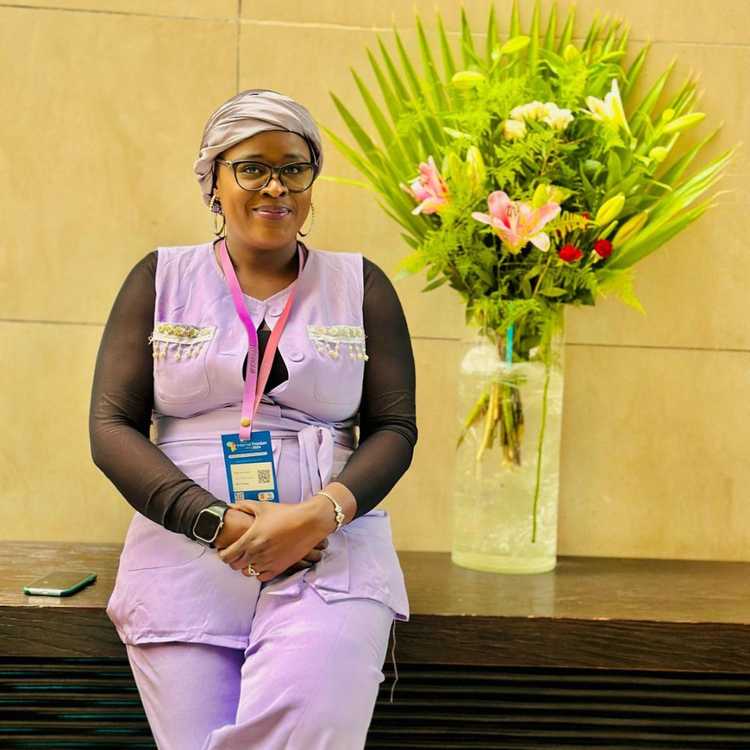







![[SENEGAL] AfricTivistes strongly condemns the brutal repression of students at Cheikh Anta Diop University in Dakar!](/static/29c233858b9d650cc77d87f75d4d2b56/9e635/Ucad-Senegal.jpg)



![[Guinea-Bissau]: Joint Statement from Human Rights Defenders Against the Confiscation of Popular Will !](/static/8552596543d1c00bc73e662f85c0a62f/fce2a/Capture-decran-2025-12-01-a-16.34.43.png)
![[Guinée-Bissau] Joint Declaration – Afrikajom Center and AfricTivistes both firmly condemn the military takeover and warn of the risk of a political crisis !](/static/4d5ad12346b3ef8c55278621c445488b/9e635/Putsch-Guinee-2.jpg)

![[Tanzanie] 🇹🇿 AfricTivistes strongly condemns violent suppression in Tanzania](/static/adf91a1c13cd101f988b6b6971928880/9e635/TZN.jpg)
![[Cameroon] AfricTivistes condemns violent repression, urges govt to uphold rights !](/static/6399a9d8e94e3ae1f681f86178520d96/9e635/WhatsApp-Image-2025-10-27-at-15.32.48.jpg)



![[Madagascar] Generation Z, the driving force of civic awakening!](/static/9072e289fdab44c062096dcfb9499441/9e635/4-2.jpg)


